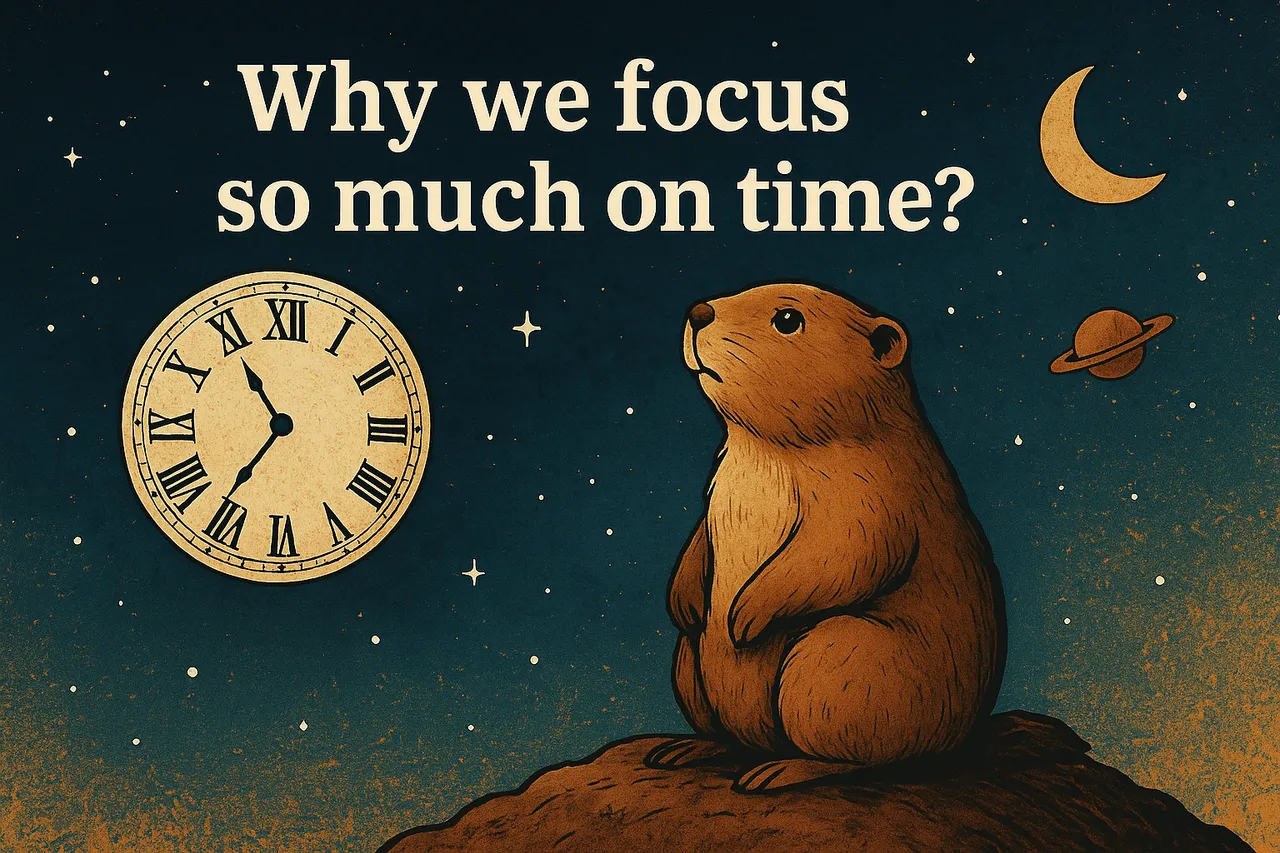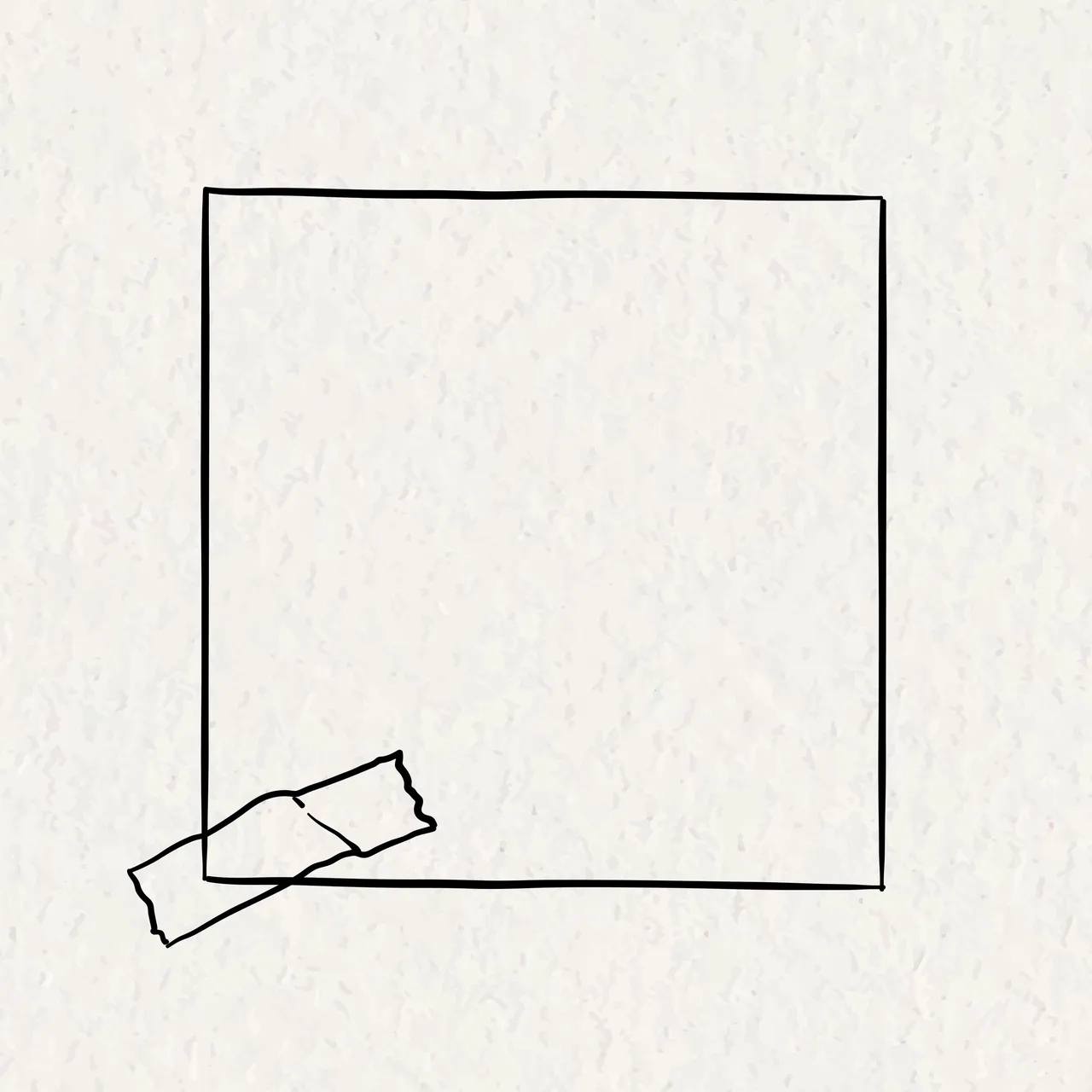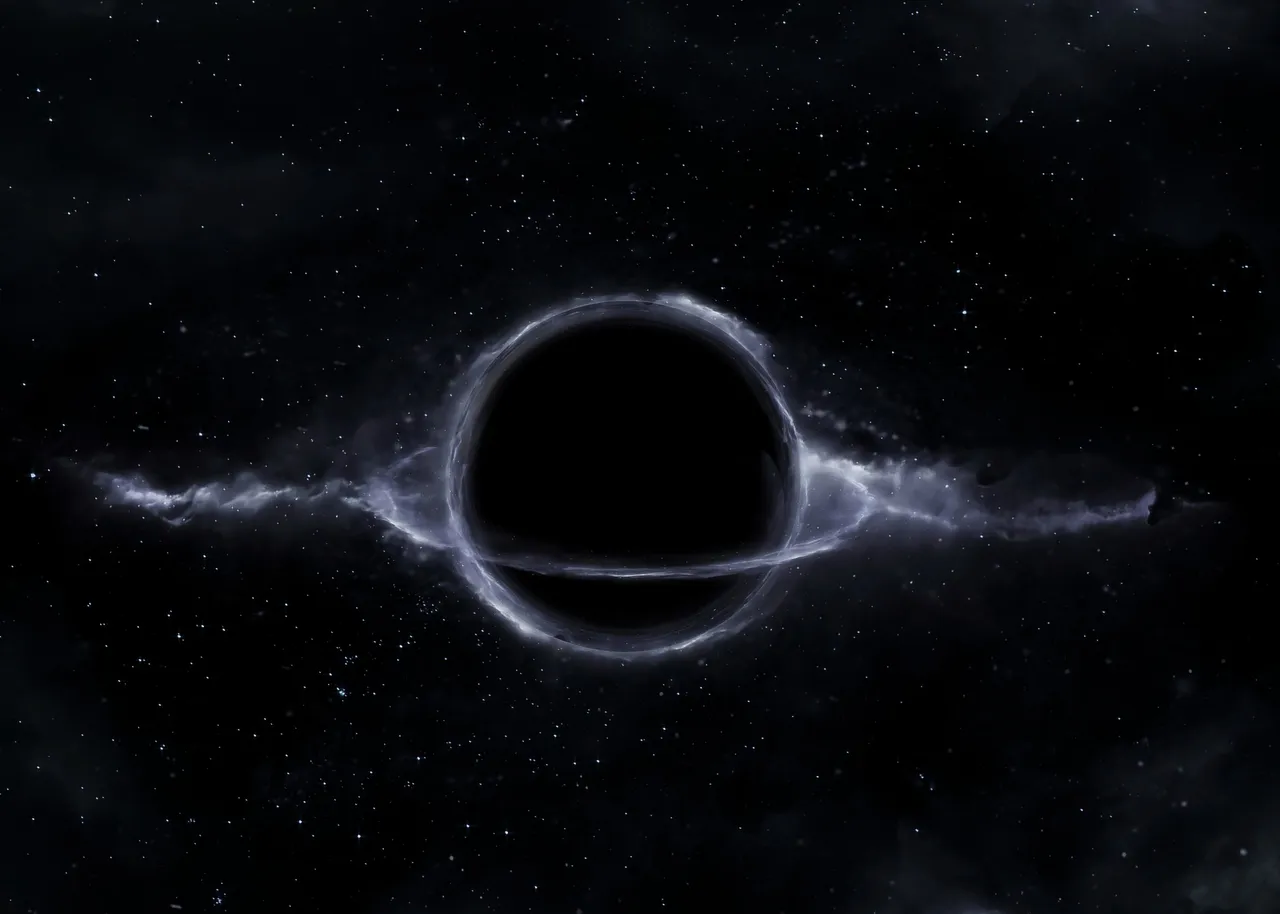
Have you ever thought about time? What is time? Imagine if I call you and say: "Hey let's meet at the coffee shop". What is the first question that you ask after that? "What time?". We don't exist only through the plan of space. There is a need to be a time. How many times has your supervisor passed through your office and didn't find you and ask if you didn't come? But in reality, you were in the office since you arrived, but you went to a bathroom for a short period of time. So your boss and you occupied the same space but at different times. So time is not something on our watch, but something much more complex.

When we talk about space, we are talking about 3 dimensions: width (y-axis), length (x-axis), and height (z-axis). We see that a lot when we are talking in high school. If we draw a square on paper, we are only drawing 2 dimensions, but a cube has the 3rd dimension. With the 3rd dimension, we can calculate the volume of an object. If this cube starts to move, it gets a speed which we can measure by distance/time. That means that this cube is moving through space and time. That is our 4th dimension.
But time is different depending on the perspective and measurement of the individual. I am writing this post at 2:59 PM local time, but in Nigeria is currently 9:59 PM. Are they in the future? No. Each timezone was established by humans. According to the location, since the Earth spins 15 degrees per hour, they divided vertical meridians with 15° of distance. We could establish a universal time around the world, but at the hour X probably it would be afternoon here and night in Nigeria, so it would be quite confusing. The time zones were established to divide quite regularly the 24h of a day. So I know that 1am it would be in the middle of the night everywhere. What about near the poles? In Antarctica, the meridians merge. What timezone is there? You know that it depends of the person? If I am there with a person from Nigeria, each one of us will use our local time where we are from. So, in that case, for me it will be 2:59 PM and for him still 9:59 PM.
So the time in our clock is a way to measure current local time in the period of 24h, but we can say that each one of us is getting older at the same time. It doesn't matter if I am in Korea or in Brazil. What about those that are in the space? There was an experience with twin brothers when one went to the International Space Station and spent almost a year there. When he returned, they measured that his brother on Earth aged faster than he. For this guy on space, time passed slower so time can be influenced by gravity and speed. That is more interesting in the "Interstellar" movie, where the astronauts go to a planet orbiting a black hole. Gravity was influencing them, so time went slower. When they moved back to the spaceship, the astronaut left there was so much older, because it had passed years, while for those on the planet, only a couple of hours had passed.

Sometimes we are too focused on getting to work at 8 AM and attending the meetings on time. But we stop thinking about what time really is and why we are so attached to it. We are always moving according to different positions in space and time. And anytime in the future, we can just stop existing. I am just finishing a post that started analysing a simple square from a paper to how intergalactic factors influence our time in our existence. I liked to write this.


Você já pensou sobre o tempo? O que é tempo? Imagine se eu te ligar e disser: "Ei, vamos nos encontrar na cafeteria". Qual é a primeira pergunta que você faz depois disso? "Que horas?". Não existimos apenas através do plano do espaço. É necessário que haja um tempo. Quantas vezes seu supervisor passou pelo seu escritório e não o encontrou e perguntou se você não tinha vindo? Mas, na realidade, você estava no escritório desde que chegou, mas foi ao banheiro por um curto período de tempo. Então, seu chefe e você ocuparam o mesmo espaço, mas em horários diferentes. Portanto, o tempo não é algo sob nossa supervisão, mas algo muito mais complexo.

Quando falamos sobre espaço, estamos falando de 3 dimensões: largura (eixo y), comprimento (eixo x) e altura (eixo z). Vemos isso muito quando falamos no ensino médio. Se desenharmos um quadrado no papel, estaremos desenhando apenas duas dimensões, mas um cubo tem a terceira dimensão. Com a terceira dimensão, podemos calcular o volume de um objeto. Se este cubo começar a se mover, ele adquire uma velocidade que podemos medir em termos de distância/tempo. Isso significa que este cubo está se movendo através do espaço e do tempo. Essa é a nossa quarta dimensão.
Mas o tempo é diferente dependendo da perspectiva e da medição de cada um. Estou escrevendo este post às 14h59, horário local, mas na Nigéria são atualmente 21h59. Eles estão no futuro? Não. Cada fuso horário foi estabelecido por humanos. De acordo com a localização, como a Terra gira 15 graus por hora, eles dividiram os meridianos verticais com 15° de distância. Poderíamos estabelecer um horário universal em todo o mundo, mas na hora X provavelmente seria tarde aqui e noite na Nigéria, então seria bastante confuso. Os fusos horários foram estabelecidos para dividir regularmente as 24 horas do dia. Então eu sei que 1h da manhã seria meia-noite em todos os lugares. E perto dos polos? Na Antártida, os meridianos se encontram. Qual é o fuso horário? Você sabe que depende da pessoa? Se eu estiver lá com uma pessoa da Nigéria, cada um de nós usará o horário local de onde veio. Então, nesse caso, para mim serão 14h59 e para ele ainda serão 21h59.
Portanto, o horário no nosso relógio é uma forma de medir o horário local atual no período de 24 horas, mas podemos dizer que cada um de nós está envelhecendo ao mesmo tempo. Não importa se estou na Coreia ou no Brasil. E aqueles que estão no espaço? Houve uma experiência com irmãos gêmeos quando um foi para a Estação Espacial Internacional e passou quase um ano lá. Quando ele voltou, eles mediram que seu irmão na Terra envelheceu mais rápido do que ele. Para esse cara no espaço, o tempo passou mais devagar, então o tempo pode ser influenciado pela gravidade e pela velocidade. Isso é ainda mais interessante no filme "Interestelar", onde os astronautas vão a um planeta orbitando um buraco negro. A gravidade os influenciava, então o tempo passava mais devagar. Quando retornaram à nave espacial, o astronauta que saiu de lá estava muito mais velho, pois anos haviam se passado, enquanto para os que estavam no planeta, apenas algumas horas haviam se passado.

Às vezes, estamos muito focados em chegar ao trabalho às 8h e comparecer às reuniões no horário. Mas paramos de pensar sobre o que o tempo realmente é e por que somos tão apegados a ele. Estamos sempre nos movendo de acordo com diferentes posições no espaço e no tempo. E a qualquer momento no futuro, podemos simplesmente parar de existir. Estou terminando um post que começou analisando um simples quadrado de papel sobre como fatores intergalácticos influenciam nosso tempo em nossa existência. Gostei de escrever isso.




